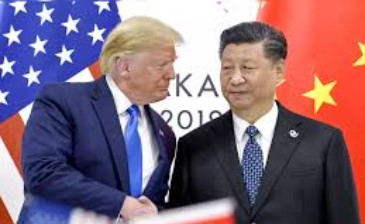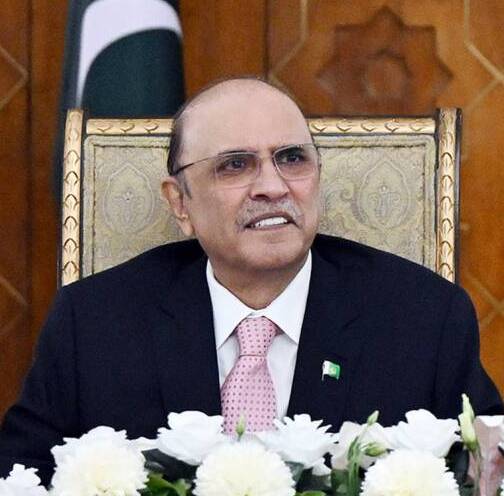
China Hits Back with 34% Tariff on U.S. Goods Amid Escalating Trade Dispute
- Business
- April 4, 2025
- No Comment
China Hits Back with 34% Tariff on U.S. Goods Amid Escalating Trade Dispute
U.S. tariff measures, China has imposed a 34% tariff on a broad range of American imports, intensifying the trade standoff between the two economic giants.
Announced by the Ministry of Commerce of China on Friday, the new tariffs will apply to key U.S. exports, including automobiles, agricultural commodities, machinery, and electronics. The Chinese government stated that the move aims to “preserve fair trade principles and defend national economic interests.”
The decision follows the latest policy announcement from former U.S. President Donald Trump, who earlier this week introduced new import duties on Chinese products. Trump’s action was part of his renewed efforts to address what he described as “unfair trade practices” and to protect American industry and jobs.
In a statement released by Chinese officials, they emphasized that the new tariffs are a reciprocal measure, warning that Beijing “will not stand idle in the face of economic pressure.” The announcement comes amid growing fears of a broader U.S.-China trade war, with global markets already showing signs of instability.
Industry analysts predict significant repercussions for both economies. U.S. exporters, particularly in the agriculture and automotive sectors, are expected to face immediate challenges, while Chinese manufacturers may also experience supply chain disruptions due to American restrictions.
Despite the rising tension, China reiterated its willingness to engage in dialogue, urging the U.S. to pursue cooperation over confrontation. However, it made clear that any discussions must be grounded in “mutual respect and equality.”
The 34% tariff is expected to impact tens of billions of dollars in bilateral trade, marking one of the most severe retaliatory actions in recent years. As the situation unfolds, the international community is urging both nations to de-escalate the conflict and seek a diplomatic resolution to avoid long-term global economic instability.







